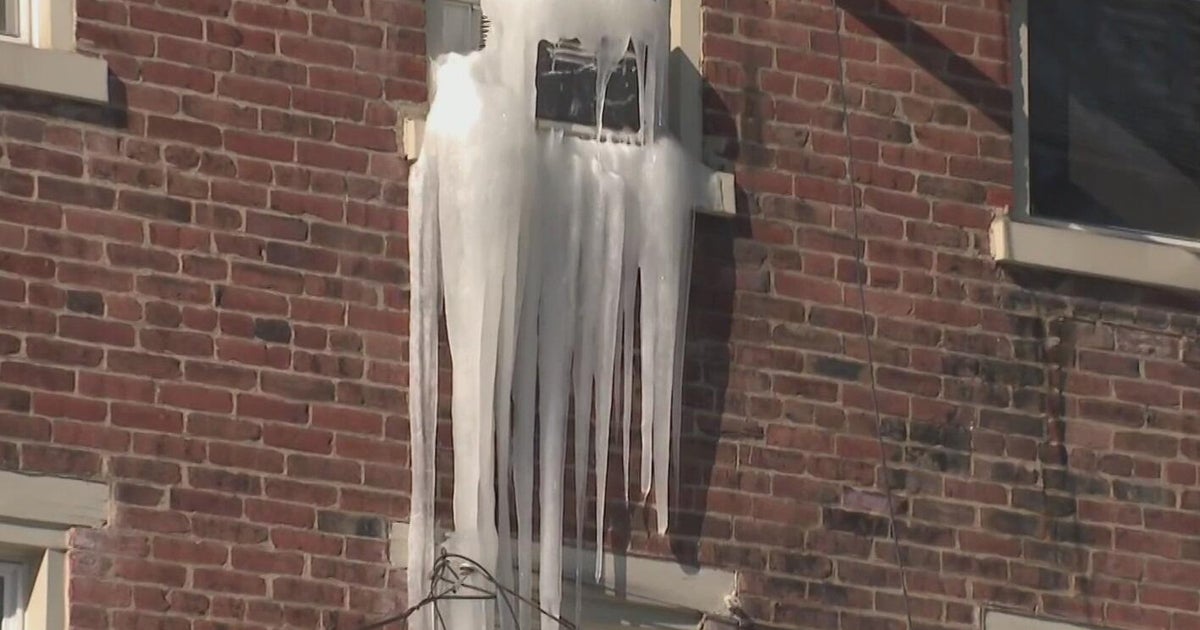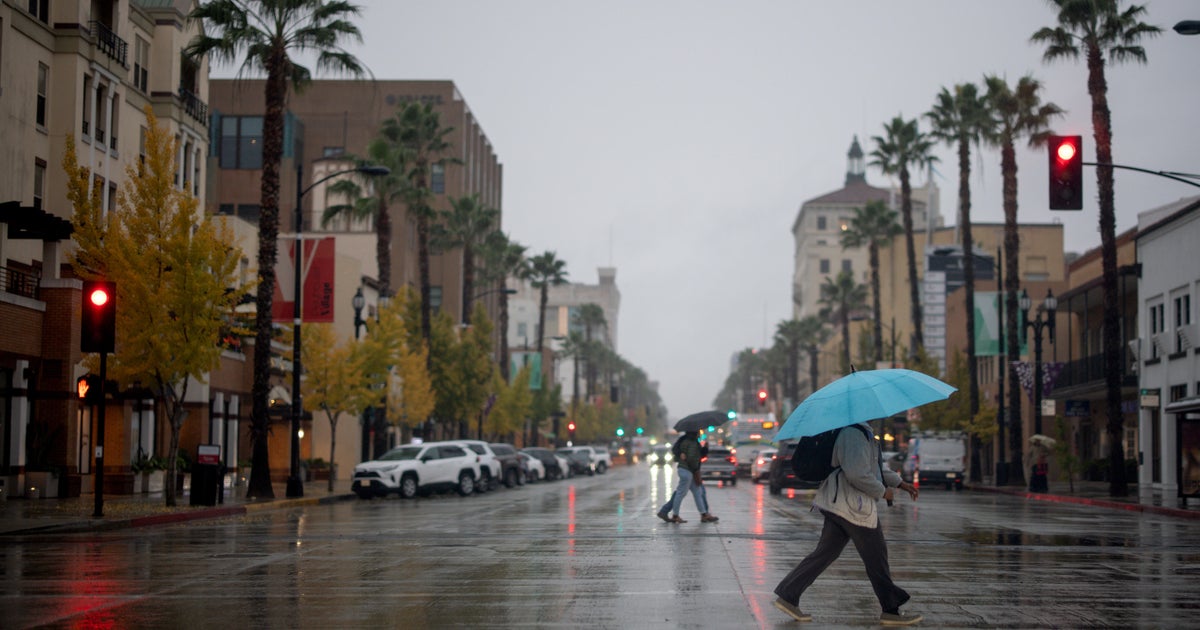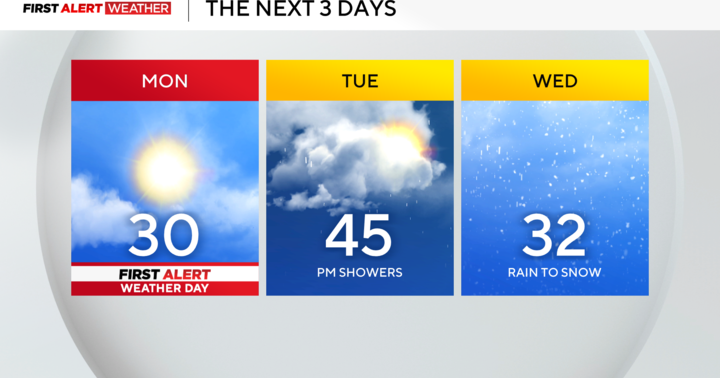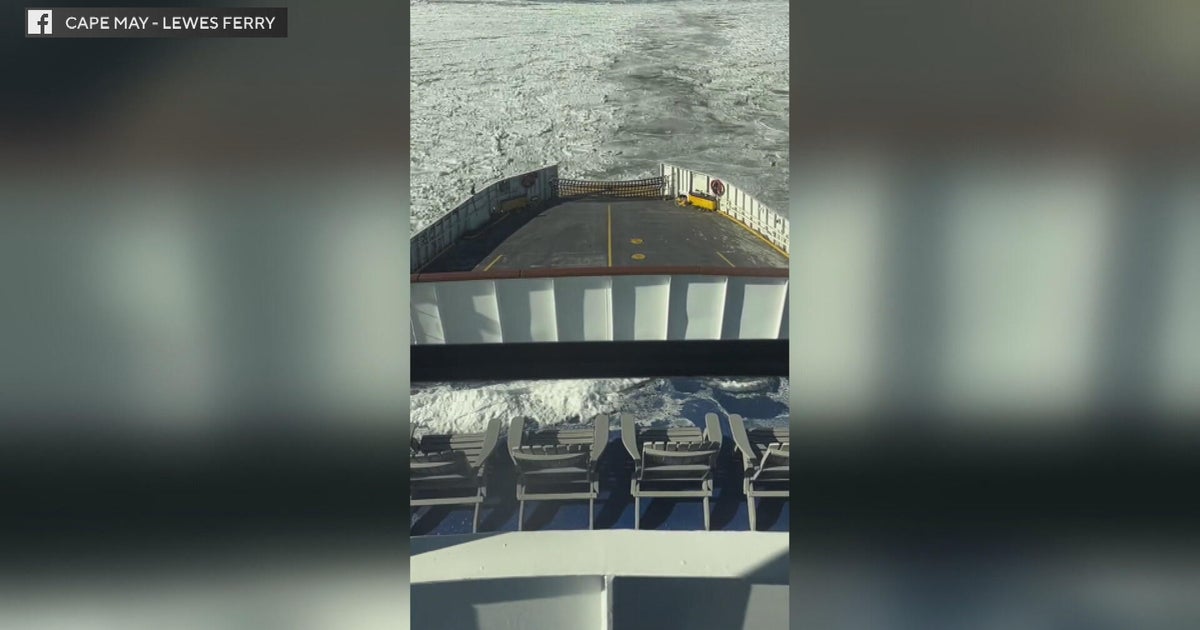Could A Tsunami Hit South Florida?
MIAMI (CBS4) – South Floridians know how to prepare for a disaster, after all, we've got hurricane season year after year. But in the wake of the devastating earthquake and massive tsunami in Japan, many people are wondering whether a tsunami could strike Florida.
While we'd like the answer to be 'no chance' at all, it's not that simple. There is actually a "very remote chance" a tsunami could hit the Sunshine State. The good news? Most tsunamis are associated with major earthquakes which makes the possibility of a tsunami hitting Florida's East Coast very small.
The Atlantic Ocean basin does not have large faults like the Pacific, which are associated both with earthquakes and tsunamis. It is thought that rare underwater landslides would pose a greater risk in the Atlantic Ocean.
While the Caribbean region does have a history of both earthquakes and tsunamis, they have not impacted Florida's coastlines.
Regardless, the Weather Service and its parent agency, the National Oceanic and Atmospheric Administration, have a warning system in place, which includes a network of buoys in the Atlantic Ocean and Gulf of Mexico, and have encouraged several communities along the nation's East Coast to enroll in the Tsunami Ready program.
The two in the program in Florida are Indian Harbour Beach in Brevard County and Naval Station Mayport near Jacksonville.
Although many people envision a tsunami as one gigantic wall of water, it's actually a series of powerful fast-moving waves that can suddenly inundate a shoreline. A tsunami can travel at speeds of 500 to 600 mph. A major tsunami will cross an entire ocean before it slows and rises in a towering wall of water.
Such catastrophic waves are unlikely but not impossible for Florida and the nation's East Coast, according to tsunami researchers, while Caribbean island dwellers have more reason to be wary.
Meteorologist Bart Hagemeyer from the National Weather Service says an earthquake in the Caribbean region is likely to project wave energy more to the north and less toward Florida. But the direction can vary and much of the outcome depends on the amount of energy released by the earthquake.
The highly unlikely tsunami that Florida might keep in mind could come from across the Atlantic, created by the collapse of a volcano in the Canary Islands off the coast of Africa, say experts. For years, some have thought that the unstable volcanic structures in the Canary Islands would cause massive tsunamis to slam into the East Coast of the U.S. if they crumbled into the sea.
That would have the potential of a not just a garden-variety of tsunami, but a "mega-tsunami," according to Hagemeyer.
Still, Florida has one big factor in its favor. The shallow waters off Florida's coasts will act as a breakwater, dissipating a tsunami's energy.
Watch Web Video Extras of Disaster In Japan:
Buildings Burn In Kesennuma City Japan
Tsunami Wipes Out Entire Neighborhood In Japan
Quake Fires Spread In Miyagi
Aerials Of Tsunami Damage In Japan
Tsunami Swirling In Ocean
Oil Refinery Fire Due To Earthquake
NHK Newsroom Shakes During Quake







